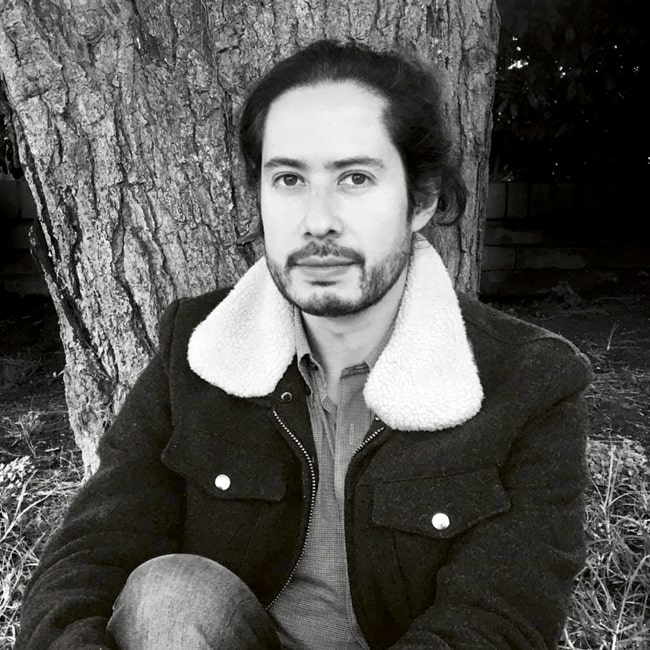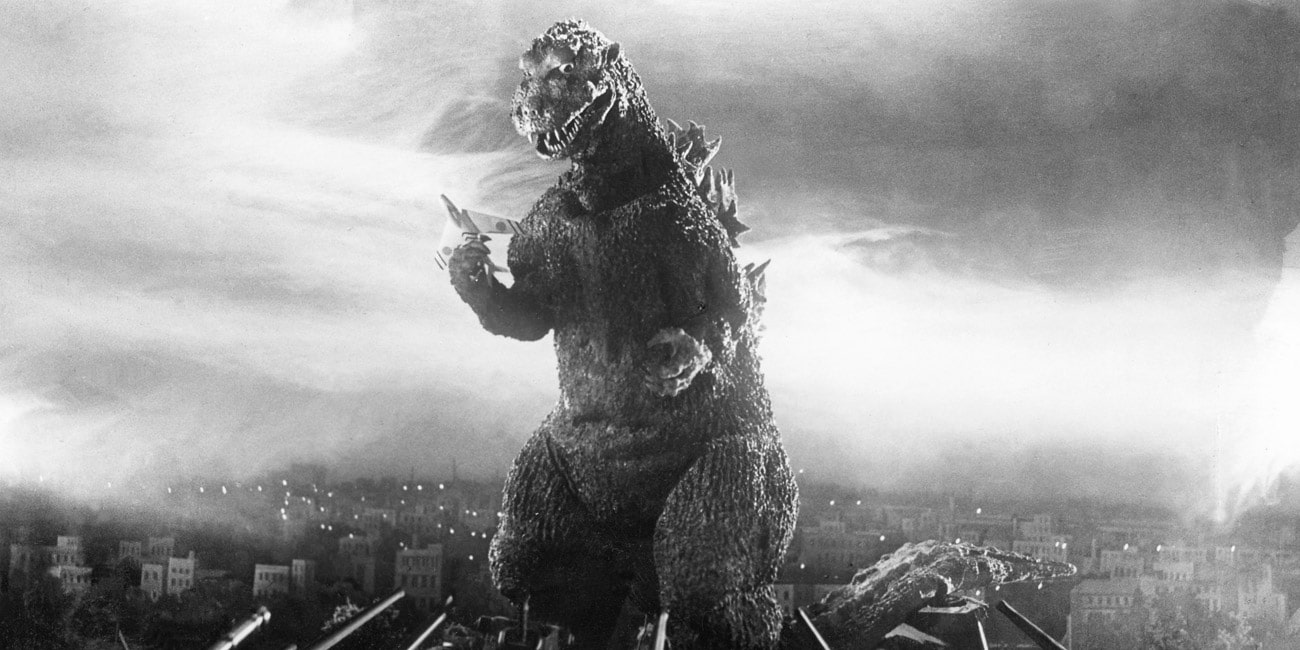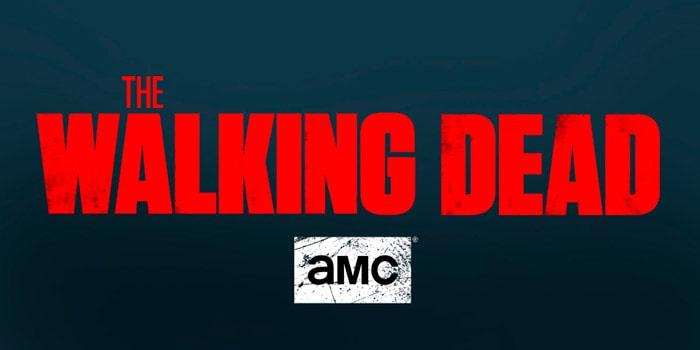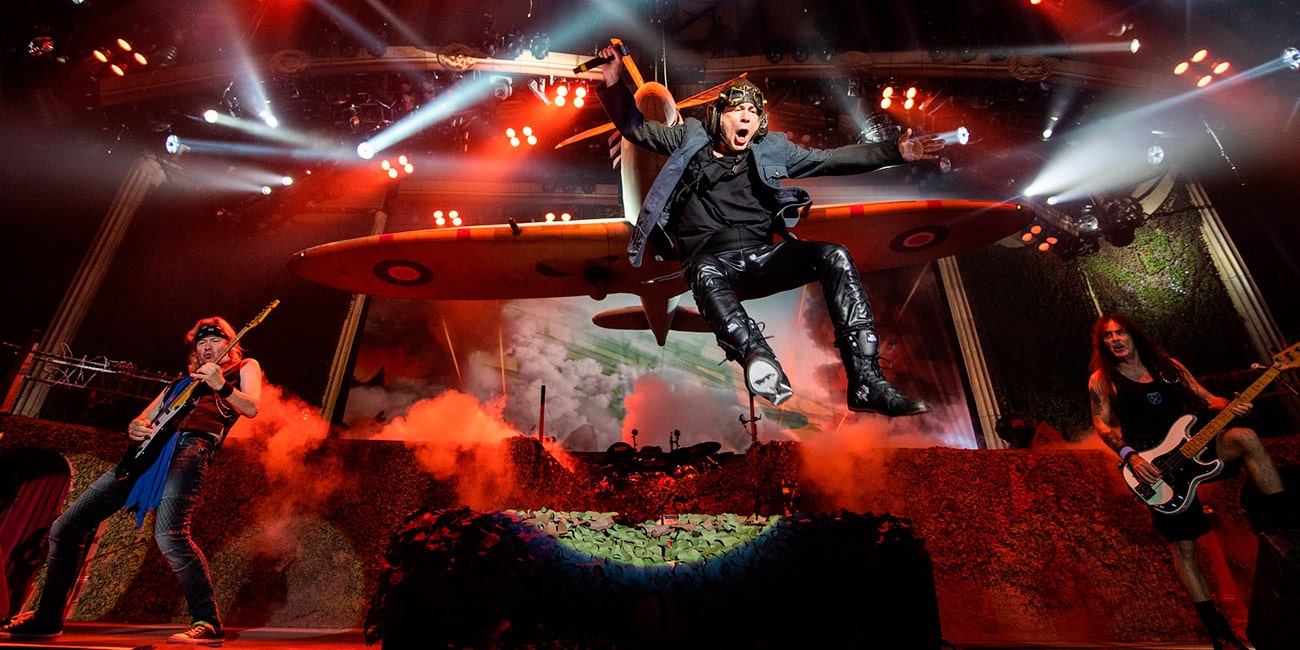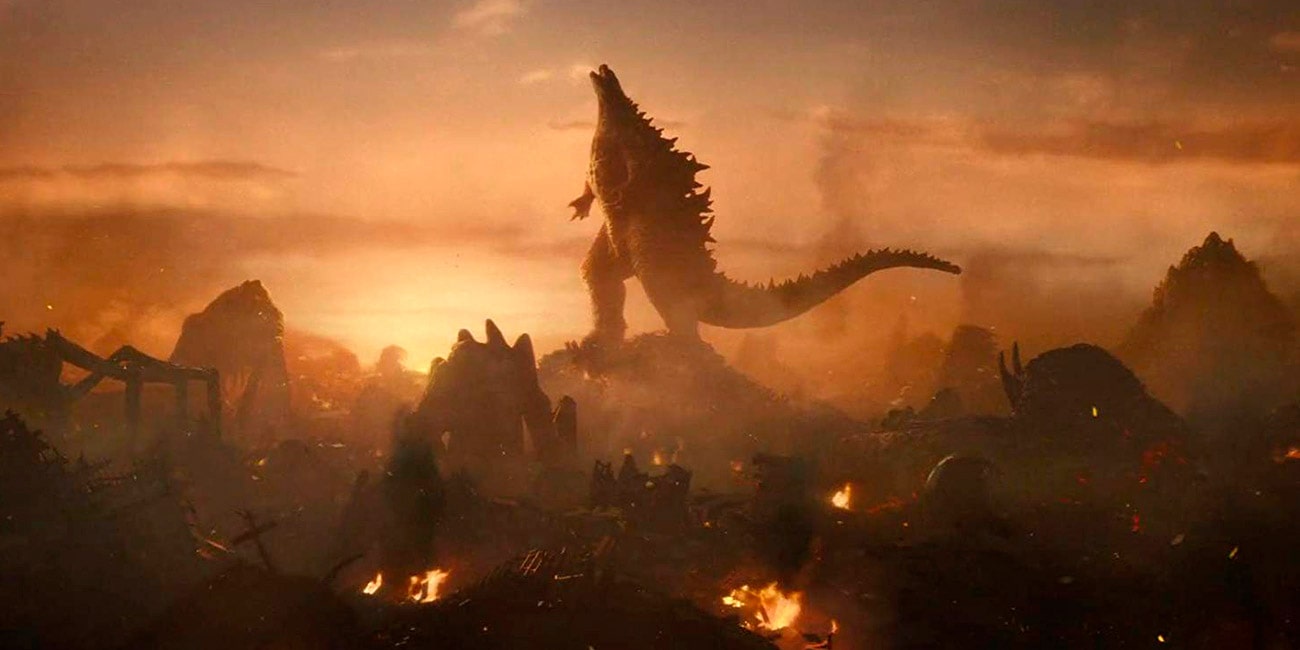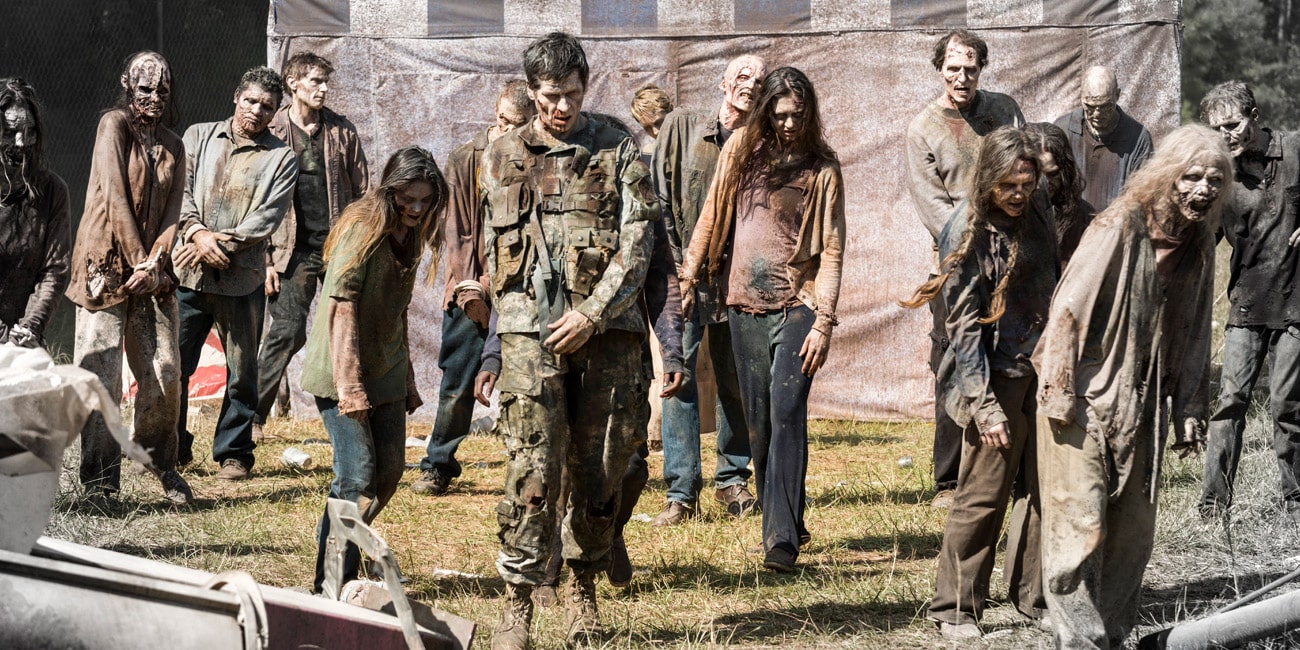
This answer has more levels and depth than, in principle, we could suppose. We are consumers at the extreme level, so are zombies. Our attention span in many cases does not exceed a cell phone screen, and they only exist to feed themselves. We are nothing without the community, they are nothing outside the horde either. We are organisms that degrade day by day, but they are our crudest metaphor. Perhaps that is why the zombie, ghoul, or undead has become the most important fictional character of modern times.
From the uncertain origins of the "zombie", which can be traced from the voodoo cult and the Jewish golem to George Romero's films, we find that there is a constant "abandonment" of the will in favor of appetite, frustration, and of course, the pain.
At first glance, the zombie is someone or something unable to satisfy itself, and the hunger, emptiness, and vertigo dominate it at every turn, which is deeply existential and very consistent with our times.
A new cell phone replaces an old one, a new car sends a lower-end one to the junkyard, and so on. That same zombie identity is reflected in the “liquid love” and in the vagueness of our heroes on social media. Each historical time can be measured by its fixation on fictional characters, the angel, the mermaid, the satan, the vampire... But these are the days of the living dead because that duality (death/life) illustrates the boredom and weariness of our generation.
Returning to their cultural and media context, the undead had their moment of glory in the 1970s with George Romero's cinema in the early 1970s and soon found their own decadence as well. The Romero imitators never delved into the existential and social metaphor that the zombies contained, but instead stayed on the surface of the format: blood, guts, and gore. That cliche stayed true to its decline for nearly three decades, creating all the possibilities of the zombie in science fiction, comedy, western, and even horror.
However, over ten years ago a series based on the comic of the same name appeared: The Walking Dead by Robert Kirkman, and again the mold was broken.
With so many zombie movies, what was so unique about this one? That is simply delved into the dark, untamed, and unpredictable nature of humanity. People want to save themselves and that is where their true character is revealed. The strength of the first seasons lies in the intensity of its characters and not in the number of zombies on the streets of the United States.
There is something called a "dramatic arc" which is the route in which a positive character turns negative or vice versa.
In particular, Walking Dead has the ability to show sinister characters with such a human past that they are charming.
Behind the Governor's cruelty is his unconditional love for his daughter; Negan's bloody bat is named after Lucille in honor of his wife who died of cancer and his inability to be a good husband; and on the contrary, we have Rick himself who is not in vain an old-fashioned sheriff, represented with a hat, a gun, and a horse, adhering to the strictest values in a chaotic world and who, throughout the seasons, ends up being a dark, treacherous and conflictive character. Those are the "dramatic arcs" that have made Walking Dead one of the most-watched series of these years.
Why do we like zombies so much? I will answer with one of Rick Grimes's most devastating phrases: "We are The Walking Dead."
March 2021
